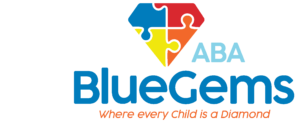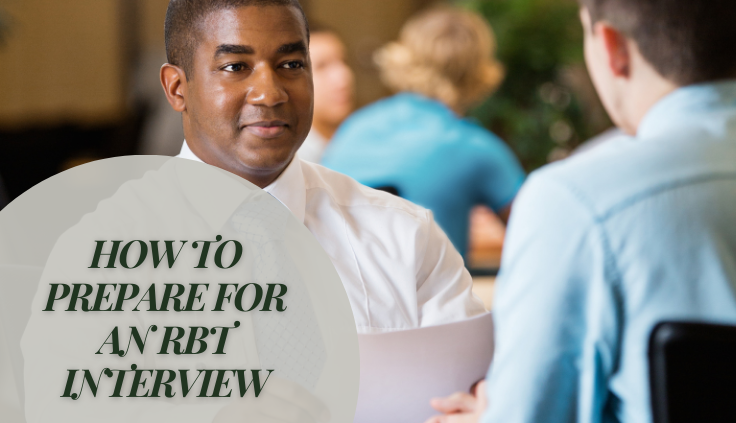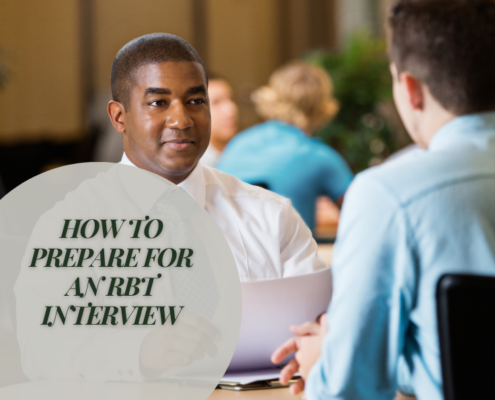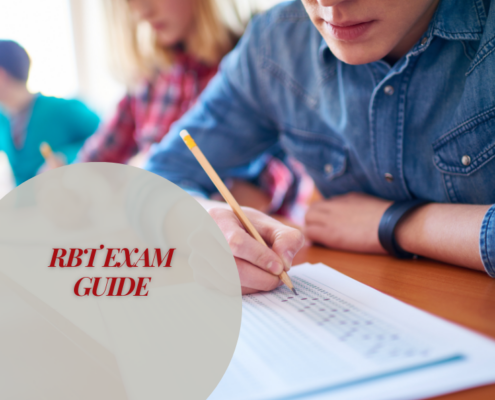How to Prepare for an RBT Interview
So, you want to be a behavior technician. Congratulations! You have decided on a career path that will make a difference in the lives of individuals with autism spectrum disorder (ASD) and other developmental disorders, as well as their families.
The first step of the process, as you may well know, is obtaining your certification to be a Registered Behavior Technician (RBT). Doing so will certify that you have the knowledge, skills and experience necessary to work hands-on with children with ASD in facilities that provide applied behavior analysis (ABA therapy) or other support programs.
After you’ve received your RBT certification, you will be positioned as a step above some of your peers when it comes to applying for jobs. To secure that job, though, you must ace your RBT interview.
Interviewing can be a stressful and anxiety-inducing situation for some people, but there’s no need to fret. Here are some tips on how to prepare for an RBT interview that will help you land a job.
Learn more: Is RBT Certification Worth It?
Table Of Contents
Review What You’ve Learned
During your RBT interview, you are likely to be asked questions not just about who you are, where you come from and why you want to work in the field, but also your knowledge and experience to this point.
A great way to prepare for this interview, then, is to treat it like another exam.
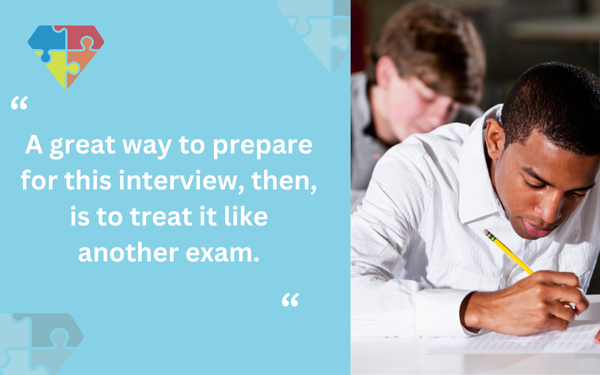
Review the course material that you studied for when you were obtaining your RBT certification. Take a look back over any notes that you took when you were attending the classes, as well as any feedback you received during your assessment.
Think back to what the assessment was like, and write down some of the key points in it, as well as the key concepts and strategies that were used.
Refreshing your memory like this in advance will make you better prepared come interview day. You want to make sure that you are using the correct terminology and referring to the correct principles, for instance, when you’re asked about specific aspects of ABA therapy.
Prepare for Challenging Questions
You never want to be surprised in any interview, so preparing for some of the questions that you might be asked is always advisable. In an RBT interview, you should assume that you’re going to be asked some challenging questions — and many of these are going to be open-ended.
The interviewer is likely to try to assess your ability to think on your feet, to come up with different solutions to problems and other topics that are outside of any book or coursework.
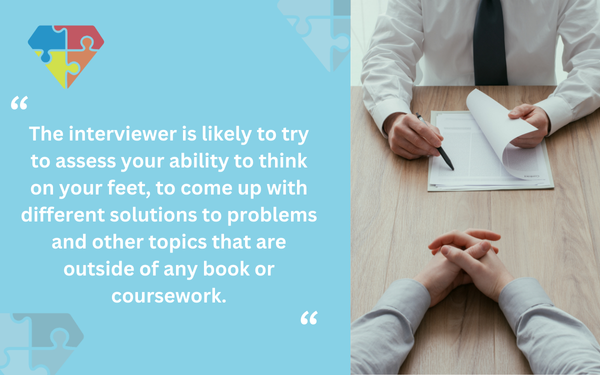
Some examples of questions you might be asked include …
- How would you handle challenging situations or behaviors by clients?
- Tell me about a time that you experienced a client who was particularly challenging. How did you respond?
- Do you work well in team environments?
- Tell me about a time you adapted to an unexpected change while at work.
- What is your approach to building rapport with the families of clients?
- How do you balance interactions with clients and records management to ensure accuracy and confidentiality?
Expect to be asked questions like this in your RBT interview, and prepare for how you would answer them. Have a sense of how you would answer them in the interview, but make sure you don’t sound too rehearsed when you respond.
Connect Emotions and Empathy
Another very common question that is asked in RBT interviews is: Why did you want to become an RBT? This may sound like a simple question, but the answer to it can share a wealth of information with the interviewer in a short amount of time.
This question is your opportunity to display your emotions, motivation and empathy toward others; make sure you don’t let that opportunity pass you by.
In fact, this question may be the most important one of the entire interview. People who work in ABA therapy are passionate about helping children with ASD, and they want to hire other people who share that passion and drive to help.
So much of whether someone is successful as an RBT revolves around their passion, drive and commitment to helping children with autism. That’s why your answer to this question can make or break your interview.
Ensure that your passion for your work comes through in your response. Showcase how you are dedicated to and interested in the field of ABA therapy, how you envision yourself supporting others, as well as your goals for your career.
Blue Gems ABA Supports Children with Autism
Once you’ve completed your RBT certification, it’s time to pursue the career of your dreams. To get that first job, you’ll need to ace your RBT interview.
Following some of the tips we’ve laid out below will help you prepare for an RBT interview so you can start working in the exciting and rewarding field of ABA therapy.
At Blue Gems ABA, we have a team of dedicated RBTs and BCBAs who administer ABA therapy to children with ASD. In doing so, we help them live more independently by teaching them new skills and helping them modify certain behaviors.
To learn more, please contact us today.
